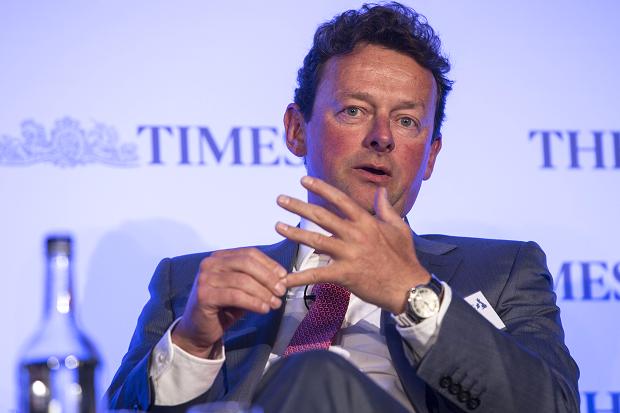Finding oil could be the least of Genel Energy’s problems. If the explorer fronted by Tony Hayward finds as much of the black stuff as it expects to, it may find itself in the middle of several territorial disputes in one of the world’s most volatile regions.
Next year Genel will drill its first wells in Somaliland, the breakaway East African territory that declared independence from Somalia more than 20 years ago after a bloody civil war.
The prize could be huge. At 40,000 sq km, its acreage in the nation is bigger than the whole of the Kurdish region of Iraq and geologists believe that the rock formations in Somaliland are similar to those in Yemen on the other side of the Gulf of Aden, which until recently was producing more than 400,000 barrels of crude per day.
But nobody knows for sure. The region remains largely unexplored. Oil majors, including BP, Chevron and ConocoPhillips, began to work there in the 1980s but stopped when the war started.
With the recent return of some semblance of stability, the new Somaliland Government has relicensed some of these blocks to Genel, without the oil majors’ consent. If the company discovers a gusher, it could trigger a legal battle over who owns the oil.
Mr Hayward admits: “Some of our acreage overlaps with blocks previously awarded to ConocoPhillips, BP and Chevron. When it relicensed them, Somaliland was very clear about the legal rights and status of the blocks. We have taken a lot of legal advice on that. We are very confident about our position.”
Genel is also likely to find itself caught in the cross-fire between Somalia and Somaliland. No government in the world, least of all Mogadishu, recognises the breakaway republic’s sovereignty. Somalia, therefore, is also likely to stake its claim to any oil find there.
Mr Hayward, the former BP chief executive who quit in the wake of the Deepwater Horizon disaster in the Gulf of Mexico, is sanguine about the risk. Besides, he has faced similar hurdles in northern Iraq, fraught with internecine politics between Baghdad and the Kurds.
“Perhaps Mogadishu would have something to say, but the Somaliland Government would be alongside us. There would be an interesting debate [over how the two governments split their share of the proceeds].”

Somaliland remains an unknown quantity for the City, too, but analysts are aware of the dangers. Andrew Whittock, of Liberum Capital, said: “Politically, there has to be a risk in trying to commercialise reserves in a country where it’s not clear who you should be reporting to or who has the authority.”
According to the East African Energy Forum, a group of Somali expatriate oil professionals, Genel Energy is part of a wider political game being played out between Somalia and Somaliland. Abdillahi Mohamud, its managing director, said: “The Somalia conflict is no longer about oil and gas. It’s about the economy and natural resources. Smaller companies are willing to be part of the political game where these rights are awarded. They are positioning themselves.”
If Somaliland becomes oil-rich thanks to Genel, the question of how to divide the spoils could hasten a political settlement with Mogadishu — or ignite a new conflict. If it’s the former, expect the oil majors to revive their interest in Somaliland, putting Genel in pole position. In the meantime, Mr Hayward is happy to take the risk.
COURTESY: The Sunday Times
























